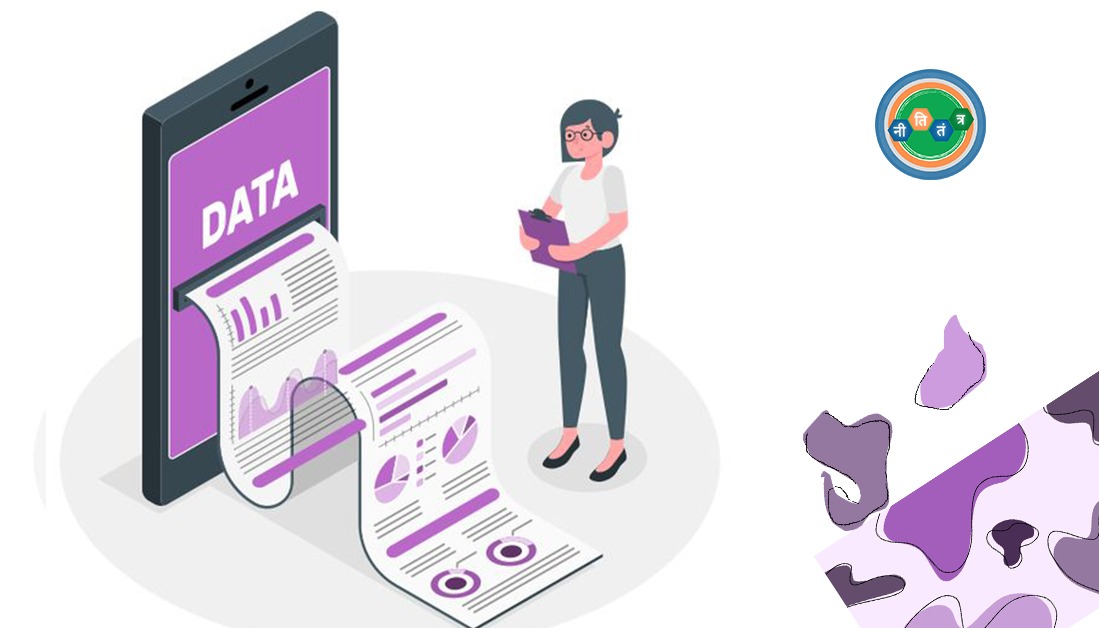With the constant expansion of embedded sensors and communication devices across cities, workplaces, homes, and on our bodies, the internet has begun to unfurl its next generation of features, termed the Internet of Things (IoT). This next phase of the internet is fostering the development of a new data trading industry powered by these gadgets. Every day, an incalculable quantity of data is released on the internet throughout the world, leading one to believe that data exchange or trade may not be far off in the future. The idea that data has value is widely accepted. The value of data, on the other hand, is not the same as the worth of consumable things. A number of projects are underway to develop data marketplaces and data sharing services, the recently inaugurated Shanghai Data Exchange in China being one of them. Paid or commercial data (sets) services, such as data archives, now operate on the basis of service membership fees. Emerging data-driven technologies and economies, on the other hand, encourage interest in monetizing data and, as a result, identifying new qualities of data as commercial products (data commoditization). Data, which can be utilized to eliminate information asymmetry, enhance resource management, and establish causal links using artificial intelligence and statistical analysis, is predicted to become the digital economy’s fuel for the future[1], it is often referred to as the new oil in the world via economists.
Previous great eras of innovation were fueled by the mining of physical resources such as coal and oil, as well as the methods for obtaining and selling these commodities. Products and infrastructure such as steam engines, locomotives, internal combustion engines, automobiles, trucks, trains, and roads were created around these inputs. Companies were able to use these resources to create the goods and services that business and consumer markets demanded. As we progress towards a new era of digital technologies and economy, where data flowing through it becomes the fundamental driver of development in the industry, businesses must grasp the evolving systems that will power this new wave of innovation. In a data-driven economy, products are digitalized, and vast volumes of data, both personal and non-personal, are collected and processed. Because the data economy tends to contain as much data as possible from many sources, establishing a trustworthy environment for data interchange and trade is a critical enabler for data exchanges and data-driven technology. For data-driven applications, data quality and validity are critical features.
To quote as an illustration academics and corporations, for a very long time have exchanged and traded data. The decreasing cost of data collecting and the deployment of digital communication networks has resulted in a substantial rise in the volume of data gathered in recent years. Many of the obtained data are “exhaust data,” meaning they were produced as a by-product of other activities like online shopping or socializing rather than being collected deliberately for an analytical goal. Consequently, shopper spending patterns have become the first data market category to witness significant commercial engagement and leading to growing privacy concerns regarding trade practices: the US Federal Trade Commission observed the relatively close lack of clarity in the digital markets for personal data, could harm consumers by breaching their privacy or enabling unfair marketing practices.[2] Trackers that gather and aggregate data from internet sources, including mobile phones, and offer access or sell the data to third parties are enabled by digital platforms such as Apple, Amazon, Facebook, Google, and many others like them. Moreover, there have always been booming marketplaces for stolen data, such as credit card information or user profile data, in the shadows of the digital economy.[3] Very troublesome economic actions have become conceivable as a result of the growing volume of data, calling into question the present system. Regardless of all these things, the other side of the coin is where the government and businesses are planning to turn these gold mines of data into a monetized intangible economy and derive profit out of it. China has set up multiple local government-owned data centers across the country, India also has promoted non-economic data trade among its agencies such as the recent MoU between MCA and Financial Intelligence Unit-India for Data Exchange, Europe has come up with its GDPR regulation to set ground rules for data trading and exchange.
Though the world currently, is grappling with how to control the use, storage, and ownership of ‘data,’ as well as how to get the most out of data whose creation is growing rapidly. The day is not far off when Data shall be fuelling the Fourth Industrial Revolution, which will be marked by a major insurgency that will blur the borders between the physical and digital domains.[4] Already for many businesses, data is becoming an increasingly important input in product and service development, as well as a possible source of revenue for those who collect it. Liquidity is critical in every market for bringing buyers and sellers together, and the data market is no exception. During the last 30 years, many instances of the underlying dynamics that drive successful technology platforms have been provided, and the lessons learned will be critical for the rapidly expanding data-driven economy. Adapting to this changing terrain is a challenge for businesses, particularly those in a more conventional setup. Artificial intelligence (AI) and machine learning (ML) approaches are already altering traditional business procedures, such as how insurers calculate premiums, pharmaceutical firms perform trials, and banks give loans. Data is a common input to all of these tasks, and companies who can creatively use the most suitable data from frequently different sources will succeed.[5]
FAQ
First data exchange centre in the world.
Shanghai Data Exchange in China
Shanghai Data Exchange in China
Data, which can be utilized to eliminate information asymmetry, enhance resource management, and establish causal links using artificial intelligence and statistical analysis, is predicted to become the digital economy’s fuel for the future.
Critical features for a data-drive.
For data-driven applications, data quality and validity are critical features.
How is data traded
Trackers that gather and aggregate data from internet sources, including mobile phones, and offer access or sell the data to third parties are enabled by digital platforms such as Apple, Amazon, Facebook, Google, and many others like them.
Name the European data protection act.
GDPR regulation.


📌Analysis of Bills and Acts
📌 Summary of Reports from Government Agencies
📌 Analysis of Election Manifestos

